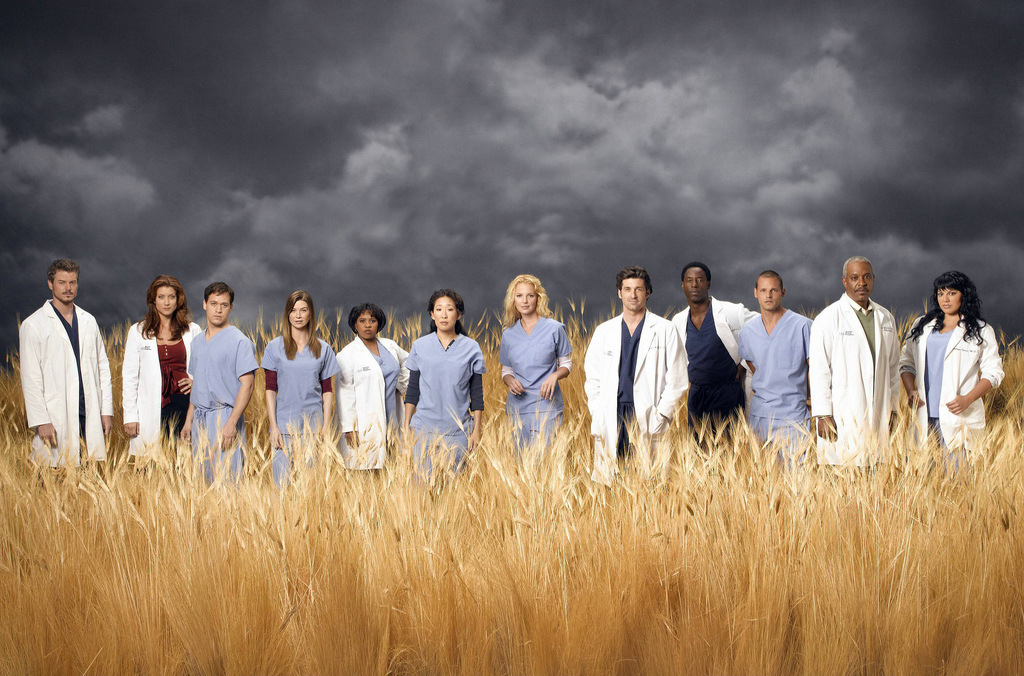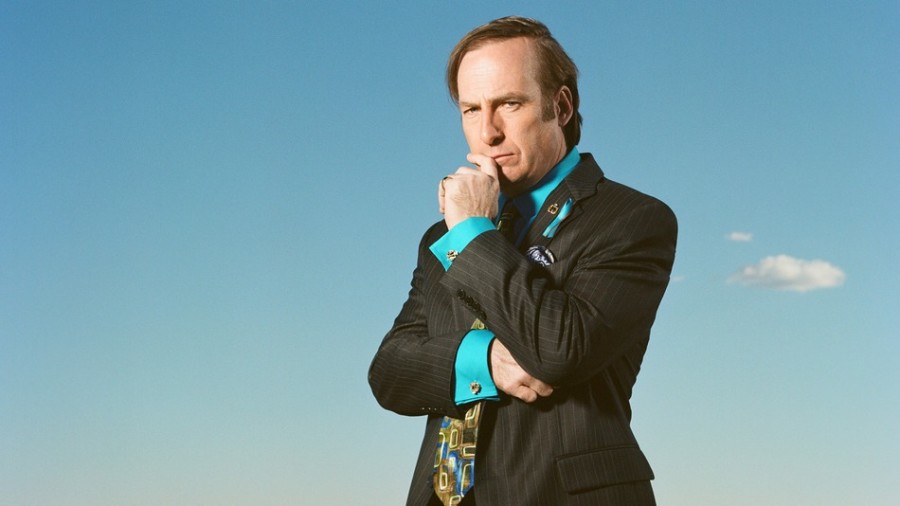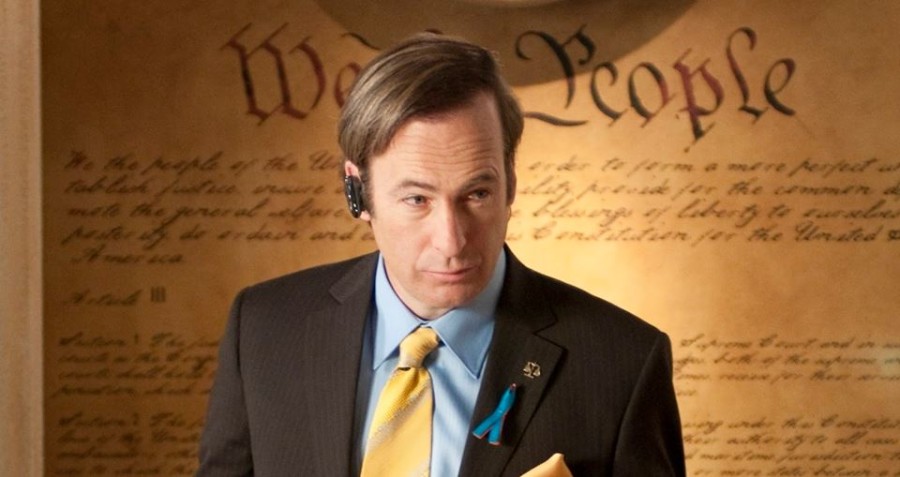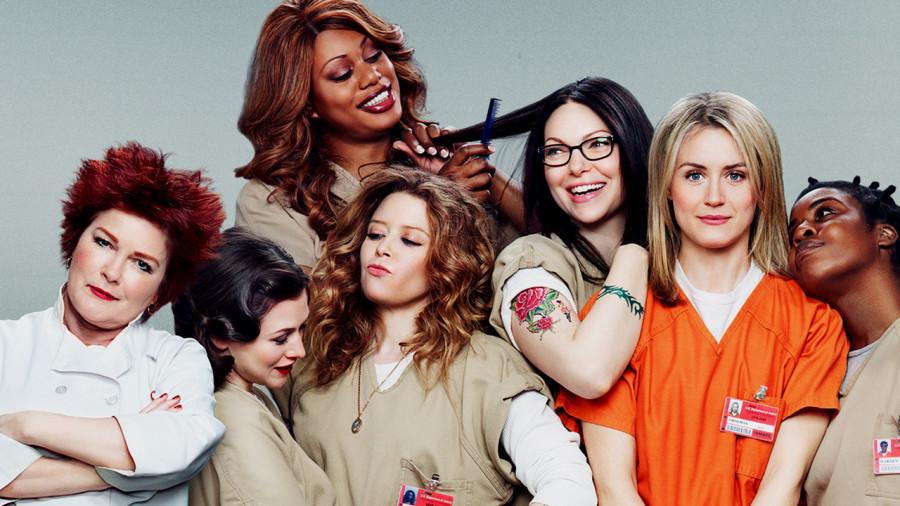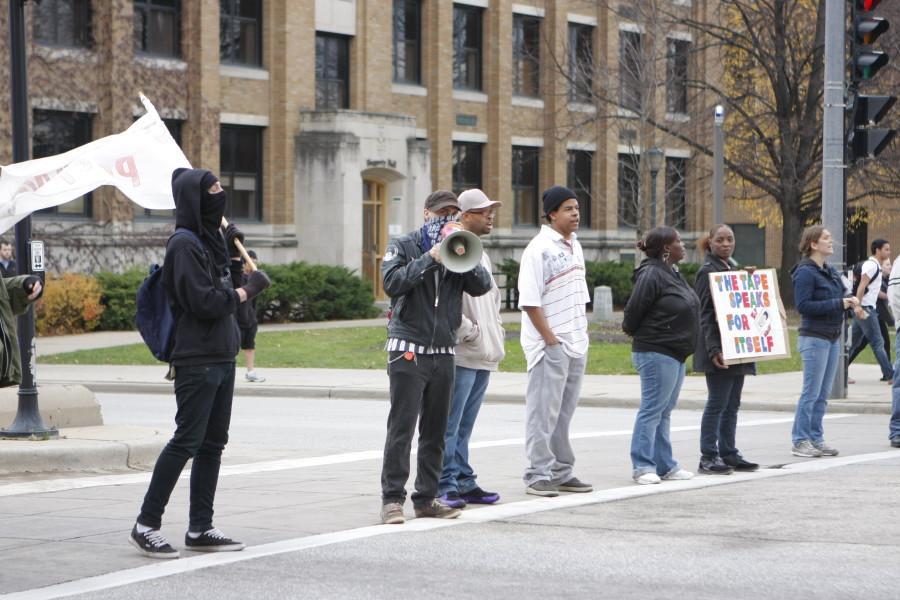
Actor R.J. Mitte is having a busy few weeks. On Sunday, he accepted the Emmy for Outstanding Drama Series with the cast and crew of “Breaking Bad” for his role as Walt Jr. This weekend, the popular AMC show will air its final episode. And he’s finishing interviews as executive producer for a new documentary, “Vanished: The Tara Calico Story.”
On top of the chaos, Mitte visited Marquette Thursday to speak to a packed Varsity Theatre about childhood bullying and overcoming adversity from his experience as an actor with cerebral palsy.
Before he took the stage, Mitte sat down with the Tribune to talk about disabilities on the screen, weekend plans and the tumultuous final episodes of “Breaking Bad.” Disclaimer: As much as Flynn loves his breakfast, there was no visit to the Broken Yolk this time around.
Tony Manno: Tell us what you’ll be talking about tonight.
R.J. Mitte: I’m a big advocate of anti-bullying. I also talk about diversity in arts and media, and turning your disability into an ability, even when you do not have a disability. Everyone is disabled in their own way. Everyone has their own obstacles they have to fight through and to overcome. And the trick is, no matter how vast or how tall these obstacles are, you can always find a way around them and you can always find a way through them.
Manno: How well are disabled people represented in movies and TV today?
Mitte: People want to see someone they can relate to in the theater and on TV. And the thing is, when you don’t have that, then no one has anyone to relate to. No one has that person to look up to. And I’m very lucky. There are 11 million people in this world with a disability, and that number grows every day. It’s weird that there’s only 2 percent – almost no people – with a disability in the media and in movies. I talk on a program called IMPWD (I Am a Person With a Disability) where we talk about diversity in arts and media and talk about getting people to have accurate portrayals of characters in film. It’s weird, because everyone knows at least one person that has a disability. Everyone has that one person. And if that’s not portrayed in television, then it’s not very accurate. Yes, it is movie magic, but the majority of it is real life. The things you see on television, the things that you see on movies, to one degree or another they actually have happened and will happen again in one person’s life or another. So if you don’t have full portrayal and full accuracy of a character, what’s the point?
Manno: After the first few episodes of Breaking Bad, Walt Jr.’s cerebral palsy almost becomes secondary to his character. How did Vince Gilligan and the writers decide to include Walt Jr.’s disability?
Mitte: Vince wrote Walt Jr. in memory of a college friend. The secondary part of his disability – it’s just who he is. It’s part of his everyday lifestyle. Just because someone has a disability on a show or someone has a disability on a movie doesn’t mean you have to highlight the disability. It’s not about (Walt Jr.’s) disability – it’s about a man trying to provide for his family. It’s funny, because people are always like, “Well, where does his disability come in?” The disability is just there – there’s no rhyme or reason. People have these physical ailments. It’s part of him. It’s part of what created him.
Manno: Is that more accurate than TV shows in the past?
Mitte: I feel TV shows today are more aware of what’s going on in society as more and more people have disabilities, and that number will never slow down. That’s one of the things that will forever be growing. But as it has been growing, I think people understand it more and people realize what it is to have a disability; what it is to live with a disability; what its like to come from this point of “I have no other way” to “Oh, there are ways I can control my own body.” And I think that’s what’s most important.
Manno: In the past few episodes, Walt Jr. has had the worst day of his life.
Mitte: I think in one episode, Walt Jr. had the worst day of his whole entire life. It’s weird – we only have two left. I still cannot believe there’s only two left.
Manno: How did you prepare for those scenes? They’re some of the most intense for Walt Jr. through the entire show.
Mitte: Family. I think everyone to one degree or another has had family struggles. Not to this magnitude, but I think everyone has had that one person in their family that causes some stuff to go on. And I always go off of what I know. It’s weird to see this type of family, but more and more people are actually like the White family. And it’s weird, because – yes, he is making methamphetamine. Yes, they’re doing these horrible, horrible things. But they are dealing with these issues. They are dealing with divorce. They are dealing with separation. They are dealing with a family being torn apart from the inside. And that’s what I think relates so many people to “Breaking Bad.” Especially right now – with everything going on in this world, I think people are now seeing this is actually happening, that people are actually becoming this desperate to do what is necessary to provide for their family.
Manno: Now that we’ve seen Walter’s most biting message come to be – that his actions have had their consequences – what do you think someone our age can learn from Walter White?
Mitte: Don’t get caught. (Laughs) No, there’s a lot. You’re talking about a good man that has done very bad things to protect his family. The biggest thing I’ve learned from Walter White is to never forget what you intentionally wanted. People along the way – they always forget. They always grow. And as you’re growing, your wants and ideals change. But you should never forget what you were intentionally fighting for. That original idea, that original start, that original point of view – you made that change in your life for the better. Well, I don’t know about methamphetamine, but he was fighting for his family, and that’s what everyone should want – to stand up for your family, and to do what you have to do to protect them.

Manno: How do you take that message personally?
Mitte: I’ve always been able to stand up for my family and stand up for what was right. I grew up with a Marine grandfather, so he kind of got it into me. I started acting when I was 13 years old. My little sister was 2 – she’s 9 now. We moved to Los Angeles. My mother was actually paralyzed – my mother was paralyzed for six years. It was just me, my little sister and my mom, and I took care of them for the six years. And I still take care of them now. Mostly that’s the biggest thing for me – to always be there for the people that you care about the most. Because they’ll always be there when you need them. In one way or another, even if you don’t like it, they’ll still be there for you.
Manno: What should fans be expecting for the end of the series?
Mitte: Pain. There’s only two episodes left (now one) – it’s going to be interesting. It’s an amazing season finale, and everything that comes together is brilliant. I still can’t believe there are only two episodes left. It’s wild to think that we’ve been going for seven years now, and there’s just the two. But it’s really good – it’s really, really good. Vince and the writers, they did such an amazing job. Everything that they brought – all the stories, the way that they come together is just so brilliant. It really is.
Manno: Where will you be watching?
Mitte: So this Sunday is the Emmys, so I will probably be at the Emmys, hopefully on the stage winning an Emmy. So we’ll see what happens with that. The finale, I will be at Forever Cemetery – we’re going to be in an outdoor area airing the last episode. You know: last episode of “Breaking Bad,” graves, dead people … you’re good. (Editor’s note: “Breaking Bad” did win the Emmy for Outstanding Drama Series this Sunday.)


